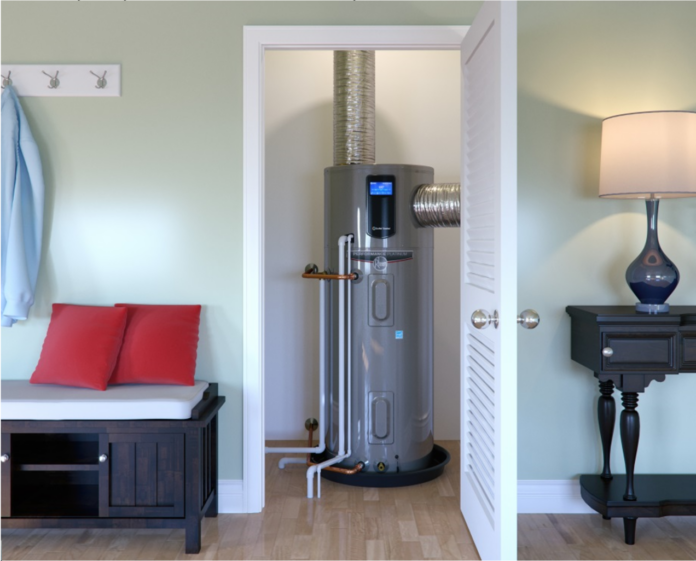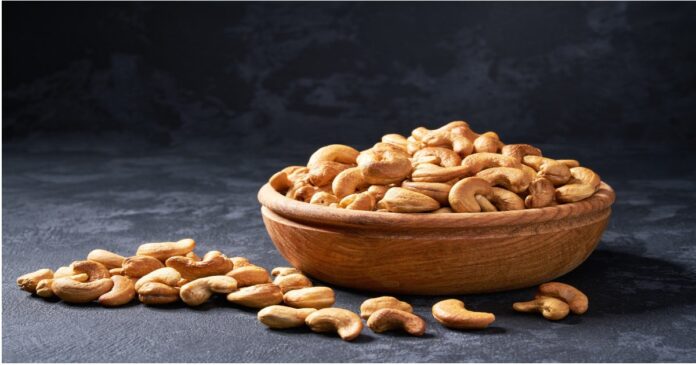Heat pump water heaters (HPWHs) are an innovative and energy-efficient alternative to traditional water heaters.
They work by transferring heat from the surrounding air to heat the water, making them more sustainable and cost-effective.
Their importance lies in their potential to reduce energy consumption and lower greenhouse gas emissions, contributing significantly to environmental conservation.
The Ins and Outs
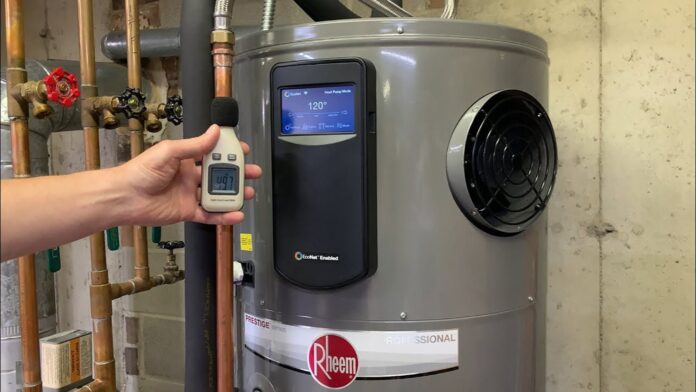

Heat pump water heaters operate on a simple yet effective principle of transferring heat rather than generating it directly.
The process begins with a fan that draws in air from the surroundings. This air passes over evaporator coils filled with refrigerant, which absorbs the heat from the air.
As the refrigerant heats up, it changes from a liquid to a gas.
The next stage involves the compressor, which compresses the refrigerant gas, raising its temperature significantly.
This high-temperature gas then passes through a heat exchanger, where the heat is transferred to the water in the storage tank.
As the refrigerant releases its heat to the water, it cools down and turns back into a liquid, ready to start the cycle again.
This process repeats continuously, ensuring that the water in the tank remains at the desired temperature.
The efficiency of HPWHs comes from their ability to move heat rather than generate it, using significantly less electricity compared to conventional electric water heaters.
The cycle is crucial for maintaining consistent and energy-efficient heating.
What are the Main Components?
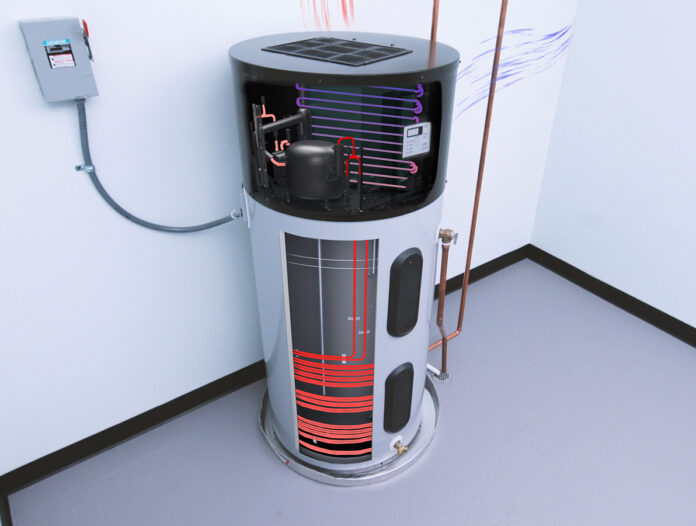

Heat pump water heaters are composed of several key components that work together to heat water efficiently.
The fan and air intake system is responsible for drawing in air from the surrounding environment. This air then flows over the evaporator coil, which contains a refrigerant.
The refrigerant is crucial for absorbing heat from the air.
The evaporator coil transfers the absorbed heat to the refrigerant, causing it to evaporate and turn into a gas.
This gas then enters the compressor, which plays a critical role in increasing the refrigerant’s temperature and pressure.
The high-temperature gas then moves to the heat exchanger, where it transfers its heat to the water in the storage tank.
The storage tank is designed to hold and maintain the heated water at a consistent temperature.
It is typically well-insulated to minimize heat loss, ensuring that the water remains hot for longer periods.
These components work in harmony to ensure that the HPWH operates efficiently and effectively, providing a continuous supply of hot water through hot water units.
Energy Efficiency and Environmental Benefits
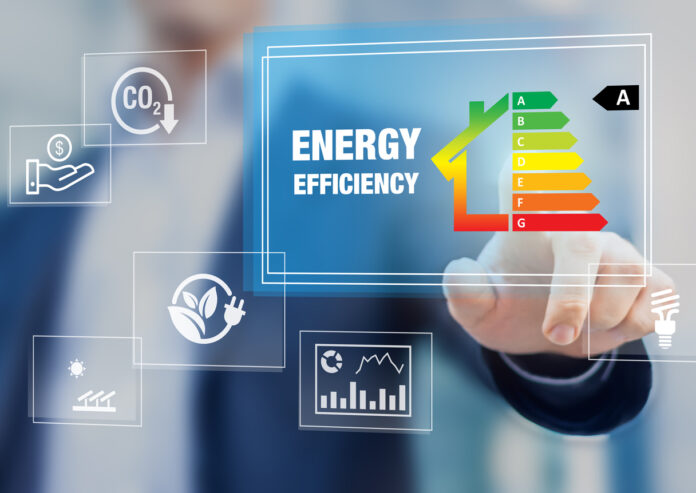

Heat pump water heaters are significantly more energy-efficient than traditional water heaters, such as those powered by gas or electricity.
The efficiency is measured using the Uniform Energy Factor (UEF), which indicates the overall energy efficiency of a water heater. HPWHs generally have higher UEF ratings, meaning they use less energy to provide the same amount of hot water.
The potential energy savings with HPWHs are substantial. They can use up to 60% less electricity compared to conventional electric water heaters.
This reduction in energy consumption translates to lower utility bills and a smaller carbon footprint.
By using less energy, HPWHs help reduce greenhouse gas emissions, contributing to a more sustainable environment.
HPWHs offer significant environmental benefits. Traditional water heaters often rely on fossil fuels, which release harmful emissions into the atmosphere.
In contrast, HPWHs utilize ambient air and a refrigerant to heat water, making them a cleaner and more environmentally friendly option.
These benefits make HPWHs an attractive choice for those looking to reduce their environmental impact.
Installation and Maintenance
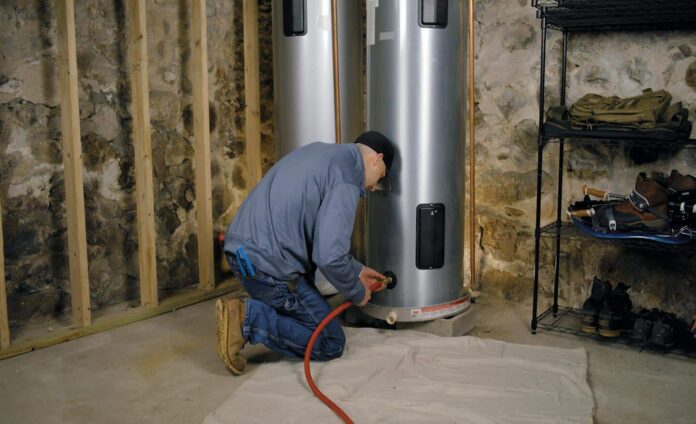

Installing a heat pump water heater requires careful consideration of several factors to ensure optimal performance.
Ideal installation conditions include a temperature range of 40°F to 90°F and sufficient space for proper air circulation.
HPWHs are typically installed in areas like basements or garages, where these conditions are often met.
Professional installation is highly recommended for HPWHs. This ensures that the unit is set up correctly, with all components functioning as intended.
Improper installation can lead to reduced efficiency and potential damage to the unit.
Professional installers can provide valuable advice on the best location for the HPWH to maximize its performance.
Maintenance of HPWHs is relatively straightforward but essential for long-term efficiency. Regular checks of the anode rod, which prevents tank corrosion, are necessary.
The refrigerant levels should also be monitored to ensure the unit operates efficiently. While HPWHs are generally quiet, some models may produce noise during operation, which should be considered when choosing an installation location.
Proper maintenance helps extend the lifespan of the unit and maintain its energy efficiency.
Pros and Cons of Heat Pump Water Heaters
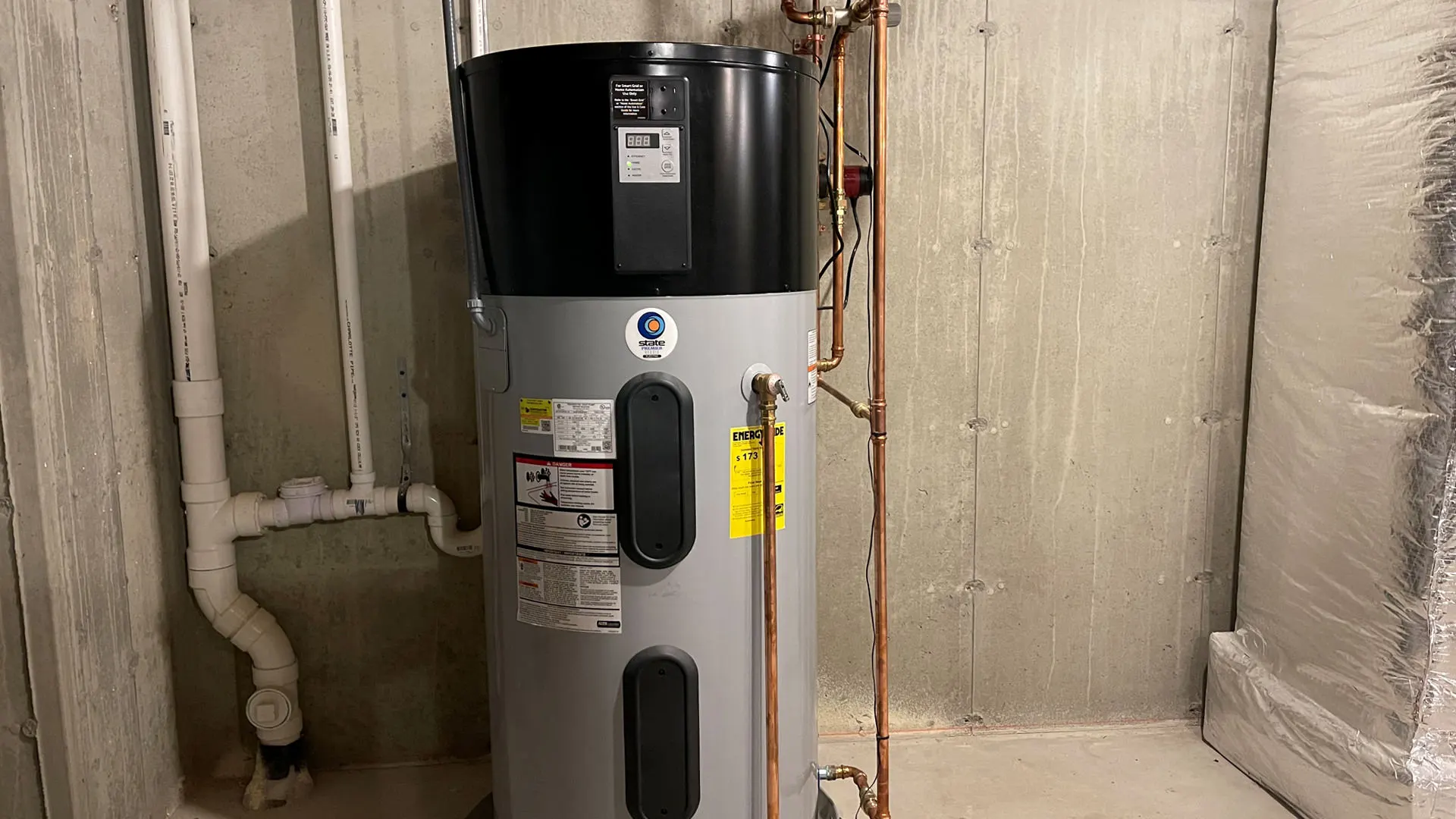

Heat pump water heaters offer numerous advantages, making them a popular choice for many homeowners. One of the most significant benefits is their high energy efficiency.
By transferring heat rather than generating it directly, HPWHs use less electricity, resulting in lower utility bills. Their environmental benefits, such as reduced greenhouse gas emissions, make them an eco-friendly option.
Another advantage is the availability of government and utility incentives.
Many regions offer rebates and incentives for installing energy-efficient appliances like HPWHs, helping offset the initial cost.
HPWHs also tend to have a longer lifespan compared to traditional heaters, providing reliable performance for many years.
There are some drawbacks to consider. HPWHs generally have a higher initial cost compared to traditional water heaters.
They also require specific space and climate conditions for optimal performance. In colder climates, their efficiency may decrease, making them less suitable. HPWHs rely on electricity, which means they will not operate during power outages.
Maintenance requirements for HPWHs can also be a concern. Regular checks of the anode rod and refrigerant levels are necessary to ensure efficient operation.
Despite these potential drawbacks, the long-term energy savings and environmental benefits often outweigh the initial costs and maintenance considerations.
Summary
Heat pump water heaters offer an energy-efficient and environmentally friendly alternative to traditional water heaters.
Their innovative technology and significant benefits make them a compelling choice for reducing energy consumption and lowering utility bills.
Consider HPWHs for your home to take advantage of their efficiency and contribute to environmental sustainability.
For more information or professional consultation, reach out to a certified installer.

